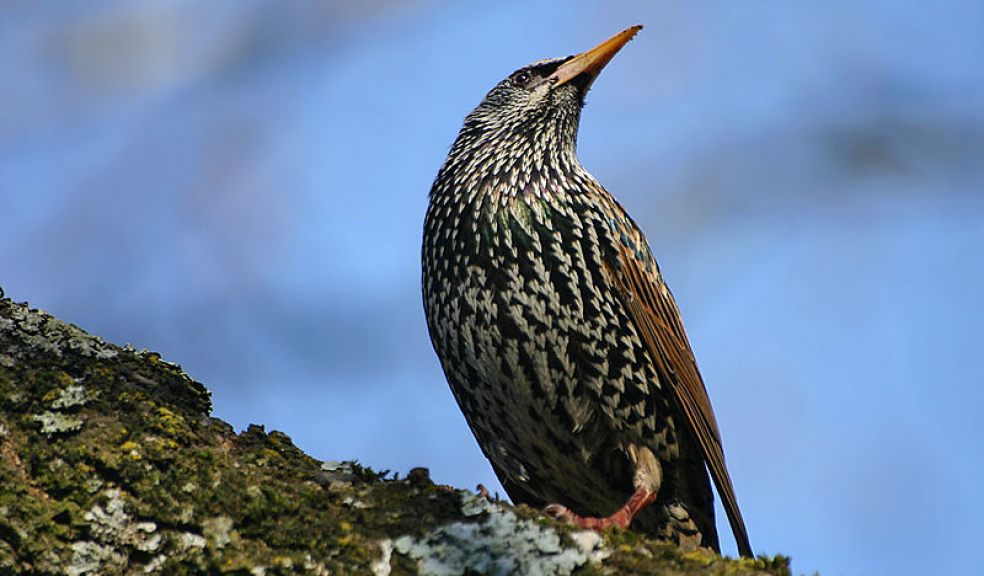
Birdwatch results may be affected by flooding
This year's Big Garden Birdwatch' took place last weekend, with over half a million estimated amateur surveyors taking part across the UK.
Findings can still be submitted to the RSPB until the 16th February. However, the trend of the annual survey - which began in 1979, may well be disrupted this year due to the freak storms and repeated flooding which took place over winter.
Dr Sasha Dall, a senior lecturer at Exeter University, explains that "During these bouts we'll expect to see more and more of them using bird feeders - particularly ground feeders like starlings, thrushes and blackbirds - as their other food sources are most likely to disappear".
For the 2014 watch, there is also encouragement to study other non-winged wildlife. Dall, who has previously worked at the Universities of Cambridge, Florida, and in Israel, stated that small mammals may "shut down" throughout extreme weather.
"Hedgehogs and the like can go into topor - the ability to drop metabolism for coping with extended periods of thermal and/or food stress. Smaller species such as field mice and pipistrelle bats tend to go under first as they are most sensitive to disruptions. But the birds can't go into torpor, although they can use nocturnal hypothermia - i.e. dropping their body temperatures overnight to match the changing exterior levels, as well as conserving energy.", explained Sasha. "The other effect of this kind of weather on birds is likely to be their ability to manoeuvre in high winds, so they'll feel more vulnerable at feeders due to onlooking predators, and may only approach in flocks".
The results therefore, which are due to be published in March, might well be very different from past years. "The eventual dataset is likely to overestimate bird population sizes and underestimate that of mammals", concluded Dr Dall.

















